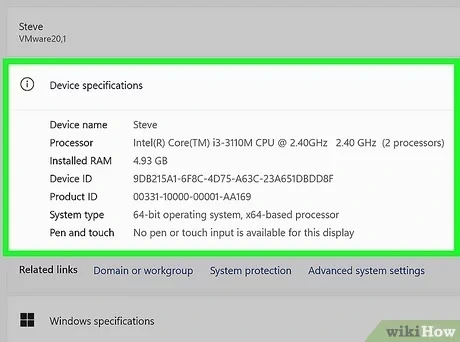Key Considerations for Selecting the Best Video Editing Software

Video editing software is essential for creating polished and engaging videos, whether for personal projects, social media, or professional use. With a plethora of options available, selecting the right software can be daunting. This guide provides valuable tips to help you make an informed decision.
1. Define Your Needs and Skill Level

Before diving into the vast world of video editing software, take a moment to assess your specific needs and skill level:
- Beginner: If you’re new to video editing, prioritize user-friendly interfaces, intuitive workflows, and tutorials.
- Intermediate: Look for software with more advanced features like multi-track editing, color correction, and audio mixing.
- Advanced: Professional editors might require specialized tools for 3D editing, motion graphics, or high-resolution video formats.
2. Consider Your Budget
Video editing software ranges from free options to expensive professional suites. Determine your budget beforehand to narrow down your choices. Remember, free software can be a great starting point for beginners, while professionals might invest in more robust solutions.
3. Evaluate Features and Tools

Different software offers varying features and tools. Consider the following:
- Basic Editing: Cutting, trimming, merging, transitions, titles, and effects.
- Advanced Editing: Multi-cam editing, color grading, audio mixing, and keyframing.
- Special Effects: Green screen, motion tracking, 3D animation, and visual effects.
- Export Options: Compatibility with different video formats and resolutions.
4. Test with Free Trials

Most video editing software offers free trials. Take advantage of these to get a feel for the interface, workflow, and features before committing to a purchase.
5. Prioritize User-Friendliness

The software’s interface and ease of use are crucial, especially for beginners. Look for intuitive controls, clear menus, and helpful tutorials or documentation.
6. Check System Requirements

Ensure that your computer meets the minimum system requirements for the software you choose. This includes processor speed, RAM, graphics card, and storage space.
7. Read Reviews and Comparisons

Research online reviews and comparisons from other users and experts. This can provide valuable insights into the software’s strengths, weaknesses, and overall suitability for your needs.
8. Consider Customer Support

If you’re a beginner or anticipate needing help, choose software with reliable customer support options like tutorials, forums, or direct contact.
9. Think About Future Needs

Consider your future video editing goals. If you plan to expand your skills or projects, choose software that can grow with you and offer scalability.
10. Trust Your Gut

Ultimately, the best video editing software is the one that feels right for you. Trust your instincts and choose the software that you find most enjoyable and intuitive to use.
Conclusion
Selecting the best video editing software involves careful consideration of your needs, budget, skill level, and preferences. By following these tips and taking advantage of free trials, you can find the perfect software to bring your creative vision to life.
You may also Like
> Amazon Prime Video: “This Video Is Taking Longer Than Expected to Load”
> How to Add YouTube Video to PowerPoint
> How to fix Audio and Video out of Sync in Windows 10

